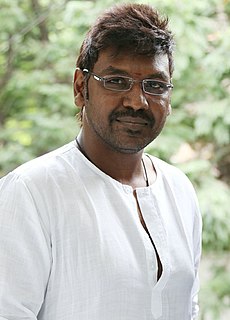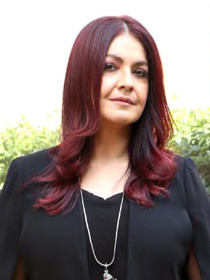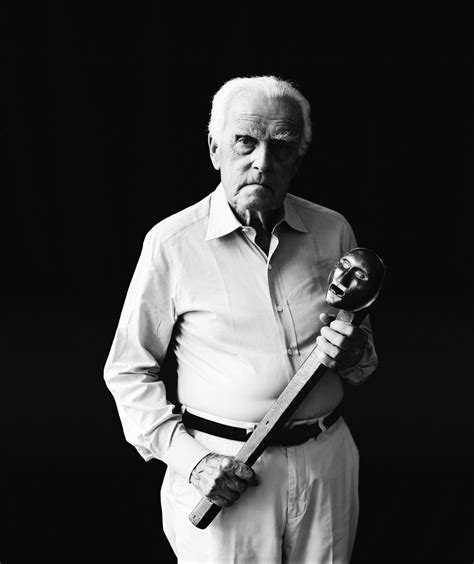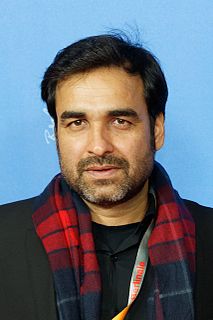A Quote by Luvvie Ajayi
Putting out a book is absolutely a lesson in vulnerability because it doesn't matter how much of an audience you have. Some people who have giant audiences can't sell books because those audiences don't feel like they need to give them their money.
Related Quotes
I feel lucky that I read so many books as a kid because I know that no matter how much I appreciate a book now, and I can love a book very much, it's never going to be that childhood passion for a book. There's some element, something special about the way they're reading books and experiencing books that's finite.
The iPod is clearly a tipping point (and I'm not quite sure it is a wholly positive development), because it is a revolution in the way that we consume creative property, which I would call art. It has radically changed the relationship between the artist and the audience, how money changes hands, and how much money changes hands. Music was the first, and books are coming next. The Kindle or some form of electronic book is clearly inevitable, and it will massively reshape how books are sold, who pays for them, and how they're consumed. It is going to be really fascinating.
If you address yourself to an audience, you accept at the outset the basic premises that unite the audience. You put on the audience, repeating cliches familiar to it. But artists don't address themselves to audiences; they create audiences. The artist talks to himself out loud. If what he has to say is significant, others hear & are affected.
I hear actresses talking about this all the time - this idea that you sit in meetings and the studio says, "Well, you can't do that because the audience won't like that. They won't root for you. It's not sympathetic." I think that we've been served this one dish for so long that we believe that it's all that audiences want, but when we test them or throw something out there that has some truth to it, they seem to always respond.
Watching old movies is like spending an evening with those people next door. They bore us, and we wouldn't go out of our way to see them; we drop in on them because they're so close. If it took some effort to see old movies, we might try to find out which were the good ones, and if people saw only the good ones maybe they would still respect old movies. As it is, people sit and watch movies that audiences walked out on thirty years ago. Like Lot's wife, we are tempted to take another look, attracted not by evil but by something that seems much more shameful -- our own innocence.
I have a children's theater background, so I grew up performing for child audiences; it's sort of my specialty. I know the child audience pretty well - or felt like I did because I performed for them so much. I studied a lot about the child audience, about theater. So it was naturally a place that I gravitated to.
The connect that I have with the audience comes from my hard work and sincerity towards my craft and also because of the opportunities that I have had. I have been able to engage with my audiences. They observe my performances minutely. They think I will do some magic on screen. They like me because I don't do over-the-top acting.



































